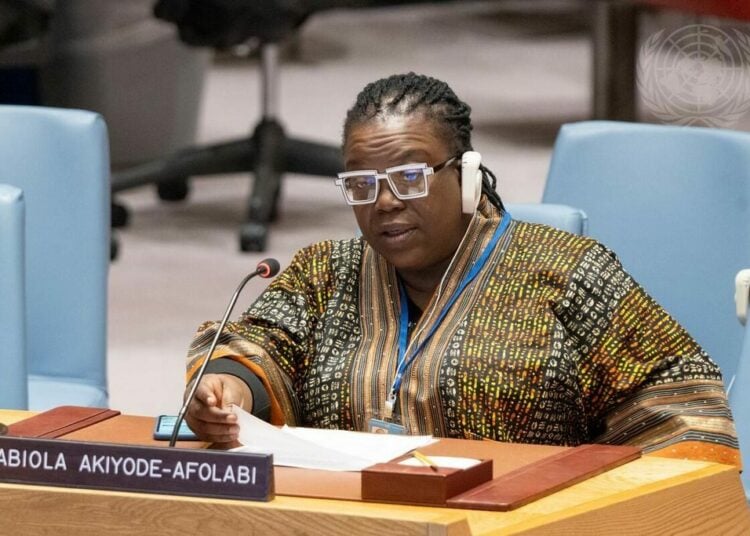The Women Advocates Research and Documentation Centre (WARDC) has called on the Federal Government and all other relevant stakeholders to urgently address period poverty, strengthen protections against sexual violence in schools, and adopt a national policy on menstrual health to safeguard the dignity and rights of Nigerian girls.
WARDC Founding Director, Dr. Abiola Akiyode-Afolabi, in a statement made available to journalists to mark the International Day of the Girl Child on Saturday, said that the rights, health, and empowerment of girls, particularly those in rural communities, must become a national priority.
According to the statement, WARDC aligned with the 2025 theme by the Federal Ministry of Women Affairs, “The Girl I Am, The Change I Lead: Girls on the Front Lines of Crisis,” and called attention to the silent crisis of period poverty, which continues to undermine girls’ education, wellbeing, and opportunities for leadership.
“Millions of Nigerian girls are still unable to access sanitary products, proper hygiene facilities, and menstrual education,” the statement read. “This not only keeps them out of school but exposes them to infections, trauma, early marriage, and lifelong inequality.”
Citing alarming statistics, the organisation noted that one in 10 African girls miss school during their periods, while as many as 25% of Nigerian schoolgirls lack access to safe menstrual hygiene products—challenges that are further amplified in rural areas with poor infrastructure.
“Period poverty leads to frequent absenteeism, shame, psychological trauma, and increased risk of reproductive tract infections. This is not just a health issue—it is a human rights issue,” the statement continued.
WARDC praised the recent establishment of a Menstrual Bank in Bauchi State, describing it as a landmark intervention in menstrual equity.
“We applaud Bauchi State’s bold step in creating a Menstrual Bank that provides free sanitary products to girls in schools and underserved communities. This is a model worth replicating nationwide,” the group said.
As part of its advocacy, WARDC issued a set of clear demands, including the passage of a National Menstrual Health Policy and Law, strengthened school protocols to prevent and report sexual violence.
It further demanded an increased budget allocation for girls’ health and hygiene programmes, broader community sensitisation and male engagement, as well as a robust data collection and research on girls’ health issues.
“Breaking the silence and stigma around menstruation is essential. No girl should be left behind simply because of a natural biological process,” the statement urged.
Dr. Akiyode-Afolabi reaffirmed WARDC’s belief that girls are not merely victims of crises, but agents of change, leaders, innovators, and contributors to national development.
“Empowering girls with the basic tools of dignity, education, safety, and health is the foundation for a just and thriving society. It is time to rise to the occasion, break the silence, and protect every girl’s right to live with dignity.”
The International Day of the Girl Child, celebrated every October 11, highlights the unique challenges faced by girls worldwide and amplifies their voices in shaping a more equitable future.





